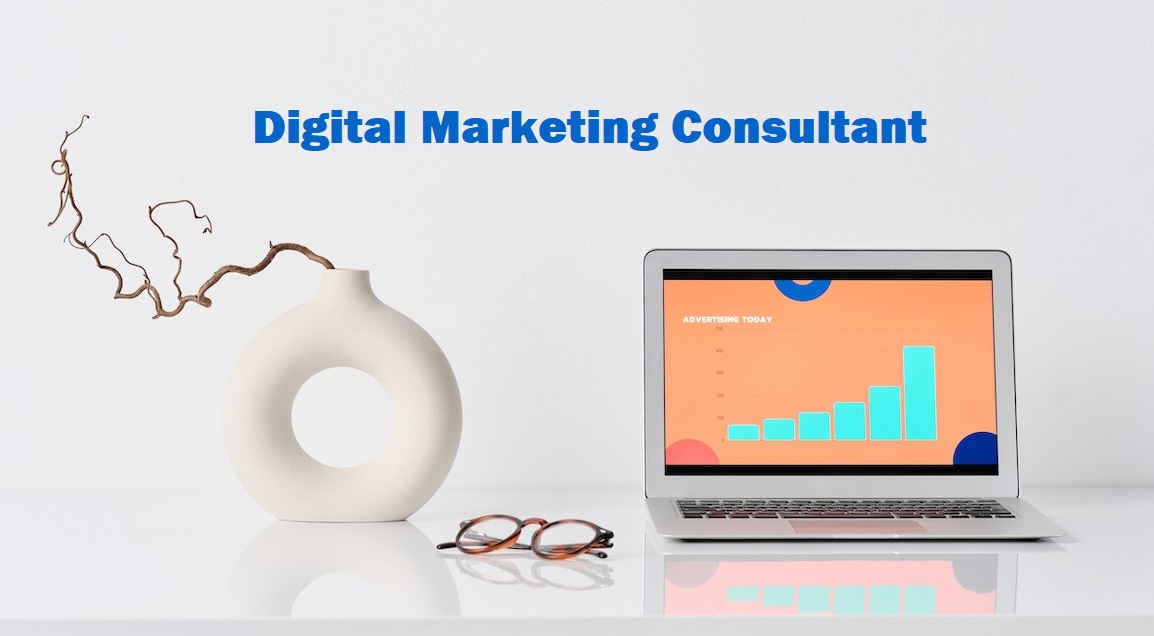Why Is Social Media Advertising Important?
Social media has taken the world by storm, and its importance cannot be overemphasized. It has become one of the most significant tools for communication and marketing in today’s digital age. Social media advertising refers to the process of using social media platforms to promote a product, service, or brand to a target audience. It is essential for businesses to leverage social media advertising to stay competitive in their respective industries. In this article, we will explore the reasons why social media advertising is crucial for businesses.

Large Audience Reach
Social media platforms have billions of users, making them a valuable tool for businesses looking to reach a broad audience. Facebook, Instagram, Twitter, LinkedIn, and other social media platforms provide businesses with a vast pool of potential customers. By using these platforms, businesses can reach a global audience that was previously impossible with traditional advertising methods.
Cost-Effective
Social media advertising is relatively inexpensive compared to traditional advertising methods. Businesses can reach a broader audience with a relatively small budget, making it an excellent option for small and medium-sized businesses. Social media platforms allow businesses to create targeted ads that are shown to users who are more likely to engage with them. This means that businesses can get more bang for their buck by reaching the right people with their advertising campaigns.
Targeted Advertising
Social media platforms allow businesses to create targeted advertising campaigns based on various factors, such as demographics, interests, and behavior. This means that businesses can create ads that are specifically tailored to their target audience. This ensures that the advertising campaign is more effective and that the business gets a higher return on investment (ROI).
Increased Brand Awareness
Social media advertising helps businesses increase brand awareness by putting their brand in front of a broader audience. By creating engaging and informative content, businesses can attract and retain followers, thereby increasing brand awareness. Social media advertising also allows businesses to reach new audiences that they may not have been able to reach otherwise.
Improved Customer Engagement
Social media platforms allow businesses to engage with their customers in real-time. This means that businesses can respond to customer inquiries, complaints, and feedback immediately. This improves customer satisfaction and builds customer loyalty. Social media platforms also allow businesses to run promotions, contests, and giveaways that encourage customer engagement.
Measurable Results
Social media advertising provides businesses with measurable results, allowing them to track the effectiveness of their advertising campaigns. Businesses can track the number of impressions, clicks, and conversions generated by their advertising campaigns. This helps businesses to make data-driven decisions about their advertising campaigns, thereby increasing their ROI.
Enhanced Customer Insights
Social media platforms provide businesses with valuable customer insights that can help them improve their products and services. Businesses can use social media analytics tools to gather data on customer behavior, interests, and preferences. This data can be used to create more targeted advertising campaigns, improve customer engagement, and develop new products and services that better meet the needs of customers.
Competitive Advantage
Social media advertising provides businesses with a competitive advantage by allowing them to reach a broader audience, engage with customers in real-time, and create targeted advertising campaigns. By leveraging social media, businesses can stay ahead of their competition and maintain their position as industry leaders.
Increased Sales and Revenue
Social media advertising can lead to increased sales and revenue for businesses. By creating targeted advertising campaigns, businesses can attract customers who are more likely to make a purchase. This increases the conversion rate and generates more revenue for the business. Social media advertising can also lead to repeat customers and brand loyalty, which can further increase sales and revenue.
Adaptability
Social media platforms are constantly evolving, and businesses that use social media must also adapt to these changes. This means that businesses must stay up-to-date with the latest trends, algorithms, and features of social media platforms to stay relevant and effective. However, the adaptability of social media advertising is also one of its strengths. Businesses can experiment with different advertising strategies and quickly adjust their campaigns based on the results. This allows businesses to stay agile and responsive to changes in the market.
Influencer Marketing
Influencer marketing is a popular form of social media advertising that involves partnering with social media influencers to promote a product, service, or brand. Social media influencers have a large following and can influence their followers’ purchasing decisions. By partnering with influencers, businesses can reach a new audience and increase their brand awareness. This can lead to increased sales and revenue for the business.
Mobile Optimization
Social media platforms are optimized for mobile devices, which is where most people access social media. This means that businesses that use social media can reach customers wherever they are, whether they are at home, work, or on-the-go. Mobile optimization also allows businesses to create ads that are optimized for mobile devices, making them more engaging and effective.
Storytelling
Social media advertising allows businesses to tell their brand’s story in a more engaging and creative way. By using visuals, videos, and other interactive content, businesses can create a compelling narrative that resonates with their target audience. This can help businesses build brand loyalty and create an emotional connection with their customers.
Reputation Management
Social media platforms provide businesses with a platform to manage their reputation. By monitoring social media platforms for mentions of their brand, businesses can respond to customer inquiries and complaints in real-time. This helps to improve customer satisfaction and prevent negative reviews from spreading. Social media platforms also allow businesses to showcase their positive reviews and testimonials, which can further enhance their reputation.
Global Reach
Social media platforms allow businesses to reach a global audience, regardless of their location. This is particularly beneficial for businesses that operate in multiple countries or that want to expand their reach internationally. By using Digital Marketing, businesses can reach customers in different regions and cultures, which can help them develop a more diverse customer base.
Conclusion
Social media advertising is an essential tool for businesses looking to stay competitive in today’s digital age. By leveraging the power of social media platforms, businesses can reach a large audience, create targeted advertising campaigns, improve customer engagement, and increase sales and revenue. Social media advertising also provides businesses with valuable insights into customer behavior, preferences, and interests, which can be used to develop better products and services. As social media platforms continue to evolve, businesses must also adapt their advertising strategies to stay relevant and effective.


